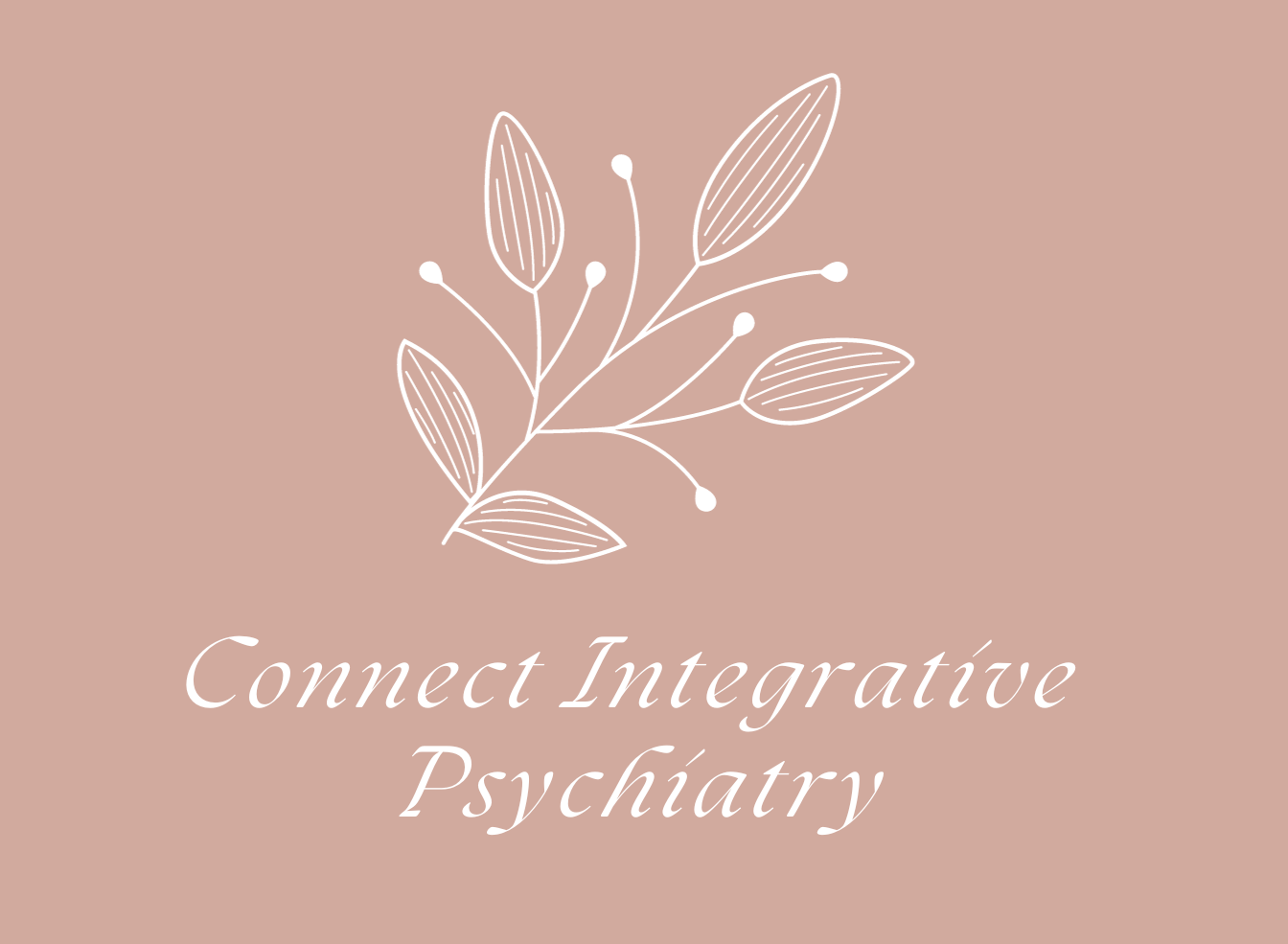OCD & Mental Health: A Compassionate Integrative Approach for Women
For many women, mental health challenges can feel confusing and overwhelming. Even when you do your best to stay positive or use personal grounding practices, intrusive thoughts or persistent worries may continue to affect daily life.
The truth is, Obsessive-Compulsive Disorder (OCD) is not a sign of weak willpower. It is a medical condition that affects how the brain processes fear, doubt, and uncertainty.
At Connect Integrative Psychiatry, we help women understand that emotional well-being can be approached from many angles — biological, psychological, social, and spiritual. Our integrative approach supports the whole person: mind, body, and sense of purpose.
OCD: It’s Not Your Fault
If you find yourself mentally reviewing your thoughts or trying to control them, you’re not alone. OCD often includes intrusive fears that clash with your personal values, creating guilt, shame, or confusion about identity.
Some women experience a form of OCD centered around morality or sense of self. This can feel exhausting and may lead you to question whether these thoughts reflect who you really are.
It’s important to remember:
Intrusive thoughts are symptoms — not reflections of your character.
They arise from the brain’s response to stress, personal history, or hormonal changes.
Our approach helps separate fear from identity, supporting the understanding that your worth remains intact, even when your mind feels uncertain.
When Rituals Become Compulsions
Healthy practices like reflection, journaling, or seeking clarity can become overwhelming when they turn into compulsive patterns.
Common signs of OCD related to morality or identity include:
Repeating mental actions to feel certain something was done “correctly”
Overanalyzing the meaning of situations or words
Replaying past mistakes
Avoiding activities due to fear of doing them “wrong”
These behaviors are not personal failures — they are attempts to reduce anxiety. Recognizing this distinction opens the door to healing.
An Integrative Psychiatry Approach
We combine evidence-based treatment with a thoughtful understanding of your values and lived experiences.
Our integrative care for OCD includes:
Personalized medication management: when appropriate, to calm intrusive thoughts and support emotional balance.
Specialized therapy: referral for OCD specialized psychotherapy
Supportive counseling: exploring identity, meaning, and personal growth.
Nutrition & lifestyle guidance: helping stabilize the nervous system through balanced sleep, movement, and nourishing habits.
Supplements: supporting your treatment plan with supplements that address deficiencies and also promote healing
Connection & community: reducing shame and fostering understanding.
Healing is most effective when science, lifestyle, connection, and personal meaning work together.
OCD During Reproductive Transitions
For some women, OCD symptoms intensify during hormonal changes such as pregnancy, postpartum, or perimenopause. These shifts can trigger anxiety or intrusive thoughts related to responsibility, motherhood, or identity.
Our Reproductive Psychiatry services address these biological and emotional overlaps, helping women navigate these life stages with stability and support.
Mind & Balance in Harmony
Healing from OCD involves supporting both the brain and the inner self. At Connect Integrative Psychiatry, every care plan honors who you are — mind, body, and sense of purpose.
Through therapy, lifestyle support, medication when helpful, and compassionate exploration, we help guide you toward balance.
You are not broken — you are becoming whole.

